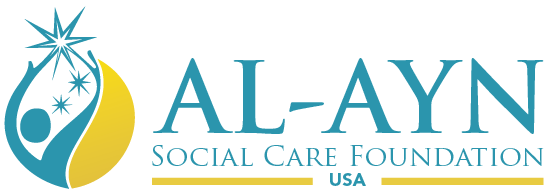Zakat Al-Fitra is a payment obligatory on every Muslim who is mature (baligh), sane, conscious, and financially capable (i.e., able to meet the living expenses of themselves and their family for one year, or has an occupation through which they are able to meet that). Zakat Al-Fitra should also be paid on behalf of all dependents, young or old.
 Donate
Donate
